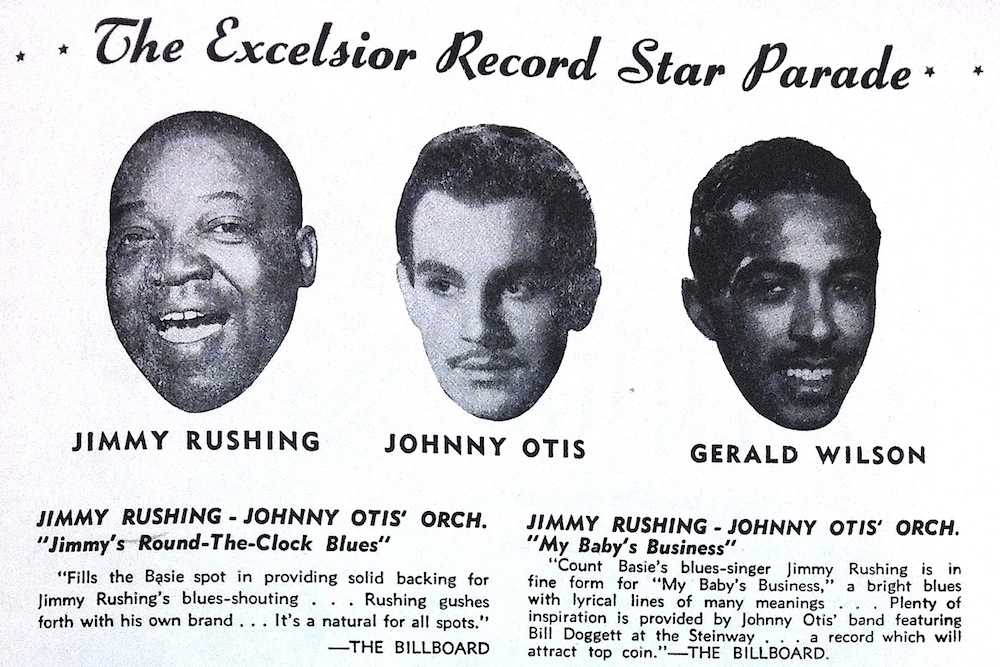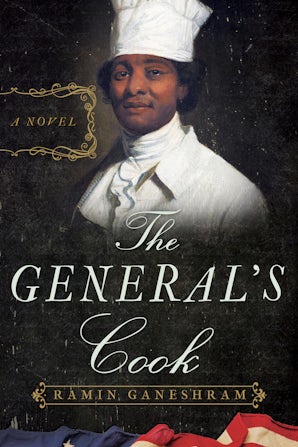Changing Race, Changing Sex: The Ethics of Self‐TransformationPosted in Articles, Identity Development/Psychology, Media Archive, Passing, Philosophy, Social Science on 2019-09-29 17:12Z by Steven |
Changing Race, Changing Sex: The Ethics of Self‐Transformation
Journal of Social Philosophy
Volume 37, Issue 2 (Summer 2006)
pages 266-282
DOI: 10.1111/j.1467-9833.2006.00332.x
Cressida J. Heyes, Canada Research Chair in Philosophy of Gender and Sexuality
University of Alberta, Edmonton
Every year when I teach an introductory course in feminist philosophy, I see individual women and men drastically rethinking their previous understandings of gender and race, and of their own place in a gendered and racialized world. Often as a part of this rethinking, we struggle over what an ethical life amounts to; ethical, that is, in the sense of being responsive and responsible to one’s relation to others, and to the work one does on oneself.1 To talk in this way of the self as, at least in part, self-making, presumes another set of questions about the very possibility of changing oneself. So, for example, feminists are not only interested in establishing who to count as “women” with regard to some already foundational definition, but also in troubling and transforming the definition itself—in part through changing ourselves.
To address these simultaneously ontological and ethical questions, we need to ask what makes it possible to change one’s identity—and not just incrementally within a defined category (e.g., as by becoming a more assertive woman through feminist consciousness raising), but also more drastically. Specifically, what are those people who “change sex” undertaking, and what makes sex into the kind of thing that can be changed? How is changing sex different from “passing”—the phenomenon central to the histories of both race and sex, in which one is read as, or actively pretends to be, something that one avowedly is not? It is in light of questions like the above that my interest in identity categories extends to asking: what makes a particular facet of identity into something the individual can transform? And what implications do answers to this question have for all our ethical lives?…
Read the entire article here.









